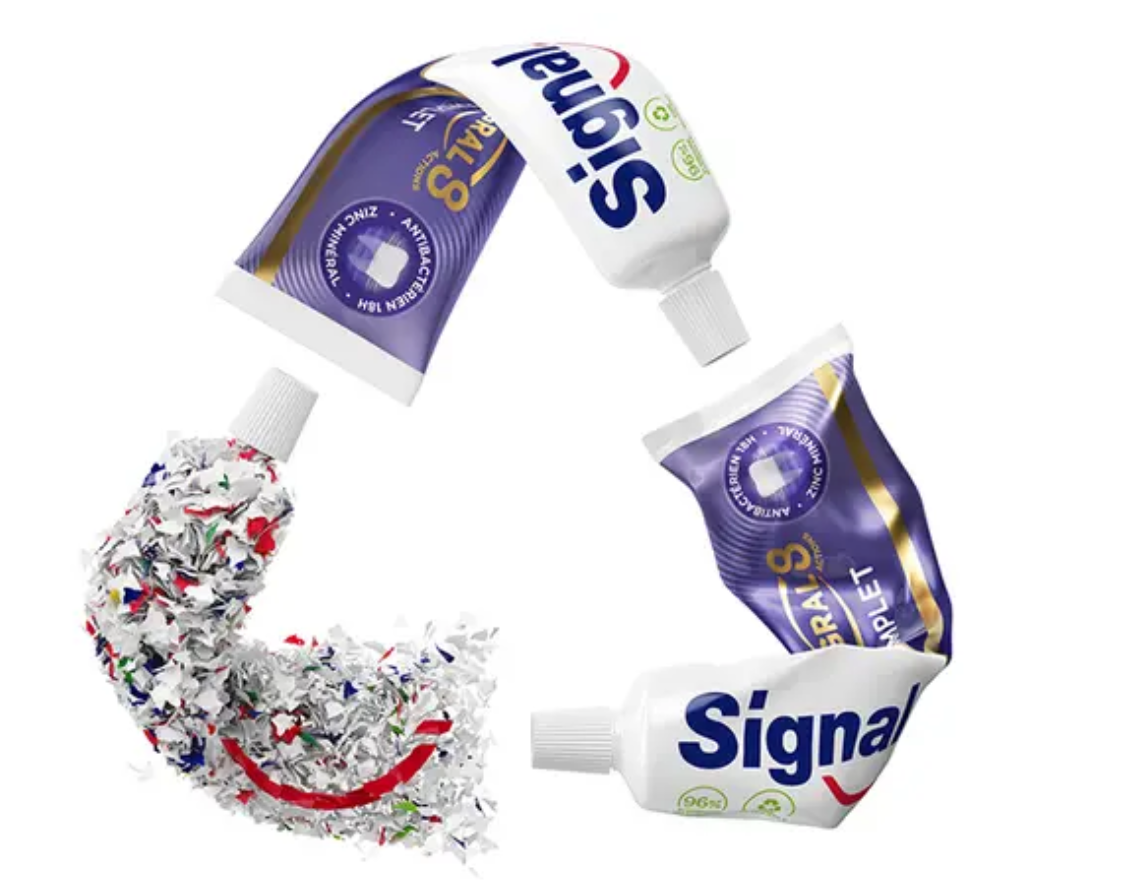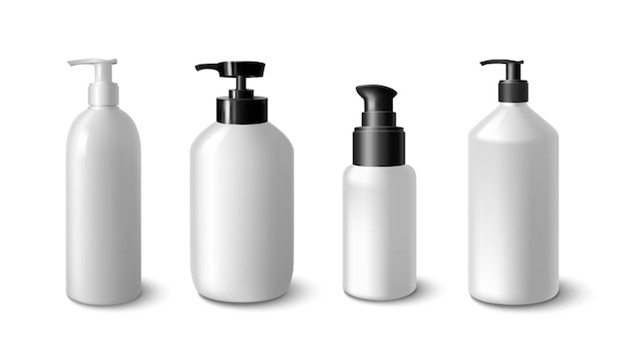
Recycling plays an important role in keeping plastic waste out of the environment but we know that, on its own, it won’t solve the problem.
We already use a lot of post-consumer recycled (PCR) plastic to make new packaging – so we can move away from virgin material – and we’re trying to use even more. We estimate that mechanically recycled plastic has a 50% lower greenhouse gas footprint than virgin plastic.
The only way we can do that is if there’s more PCR in the system for us to buy and use. As a result, it's up to us to design packaging that can be recycled, so it can more easily go back into the ‘loop’ to make more.
But making product packaging recyclable doesn’t automatically mean it will get recycled. That requires the infrastructure being in place to collect, sort and process.
Right now, about 70% of our packaging is technically recyclable yet only half is recyclable in practice. So while we’re continuing to make progress on technical recyclability, we’re also working with local governments and other organisations to improve recycling infrastructure.
Ramping up efforts around for collecting and Processing
We have a goal to help collect and process more plastic packaging than we sell. Our business in India was the first to do this, and we have roadmaps in place with partners in Brazil, India, Indonesia, the Philippines, Russia, South Africa, Thailand, the UK and US.
These roadmaps include direct investments and partnerships in waste collection and processing, building capacity by buying recycled plastics, and supporting Extended Producer Responsibility (EPR) schemes in which we directly pay for the collection of our packaging.
We’re developing a technology-led solution in Indonesia, where we’re supporting urban communities to develop systems to collect and sell waste. A digital platform called ‘Google My Business’ enables consumers to find their nearest waste banks via Google Maps. Currently, around 800 waste banks are searchable – the aim is to get this to 2,000.
We also need to consider the impact of the plastic system on people’s livelihoods. In some markets, people make a living by sorting waste. We want to help these workers be part of a safe, formal recycling system. In India, for example, we’re working with the United Nations Development Programme (UNDP) to protect the livelihoods of informal waste collectors, who help segregate, collect and recycle packaging.
The partnership has reached more than 33,000 households and collected 2,500 tonnes of plastic waste so far and will scale up to include more households in the coming years. We’re using what we’ve learned and replicating our work with UNDP with other partners in countries such as Pakistan.
Collaboration is key. Design for recyclability sits with businesses. Then we need to work with governments to achieve more ambitious recycling targets at a national level through, for example, plastic pacts. Collective action will help unlock further investment in recycling infrastructure which, in turn, will incentivise more businesses to act.







